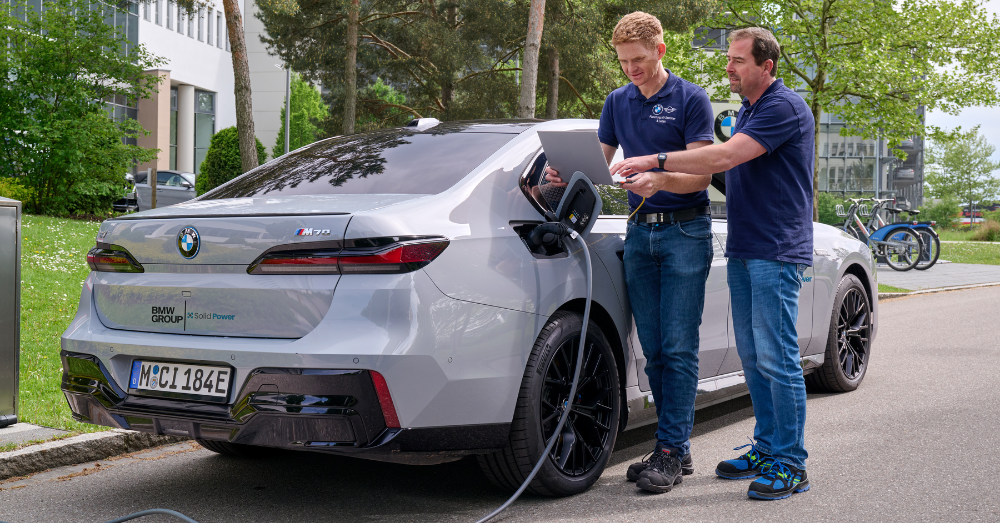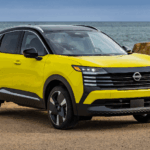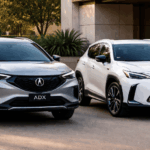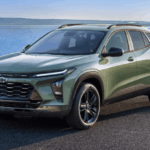Get Ready for Solid-State Batteries
Solid-state batteries are set to revolutionize the world of electric vehicles. They’re now undergoing testing in a BMW i7.
If you keep up with news on electric vehicles, you already know that solid-state batteries are the holy grail of the EV world. Now, BMW is putting them to the test in the real world. Read on to find out what to expect.
BMW Tests Its First Solid-State Battery Cells
After completing its first on-road tests in an i7 outfitted with Solid Power’s all-solid-state battery (ASSB) cells, BMW hit a milestone. Other automakers are still lagging behind in the development of ASSB technology.
ASSBs are significantly denser than traditional batteries, so they can pack more energy into a smaller space. What that means for electric vehicles is that automakers will have the ability to boost range without a significant escalation in cost.
BMW and Solid Power Share the Glory
BMW has been working with Solid Power to advance its new battery tech since 2022, when the automaker announced plans to license the battery company’s technology for a new solid cell prototype line. The prototype was developed at BMW’s Cell Manufacturing Competence Center.
To get the new batteries on the road, BMW manufactured an i7 that uses its current Gen 5 architecture, altered to integrate Solid Power’s ASSBs using new module concepts. The batteries themselves use sulfide-based electrolytes to store power.
What to Expect From the Future of ASSBs
BMW will continue testing its new Solid Power ASSB cells for several months. However, they’re not the only automakers with plans to develop the technology.
Last February, Mercedes-Benz announced that it had begun on-road testing of a lithium-metal solid-state battery made by Factorial Energy, a US-based company. Mercedes-Benz used a modified EQS to test the batteries. Given their expected 40% weight savings, they could boost electric vehicles’ driving range to over 600 miles.
While it’s exciting to see this new technology being tested in the real world, you shouldn’t assume it will be hitting the dealerships anytime soon.
Martin Schuster, the next-gen battery tech vice president at the BMW Group, has already pointed out that solid-state batteries are currently too expensive to be economically feasible. Autocar quotes him as saying that lithium-ion batteries still have “a long way to go.”
Other Automakers Will Follow Suit
The good news for EV enthusiasts interested in boosting range is that German automakers aren’t the only ones working on this new technology. Other global battery leaders, including BYD and CATL, also plan to launch electric vehicles with ASSB cells within the next few years.
According to Sun Huajun, BYD Lithium Battery Co.’s CTO, the company expects to launch its first EVs featuring ASSBs in 2027 in a limited run. By 2030, BYD plans to launch all-solid-state battery technology into the mainstream.
While it’s not worth waiting to buy a new EV until this technology hits the market, there’s every reason to expect that many of the electric vehicles on today’s roads will be replaced with newer models using ASSB technology soon.







Leave a Reply